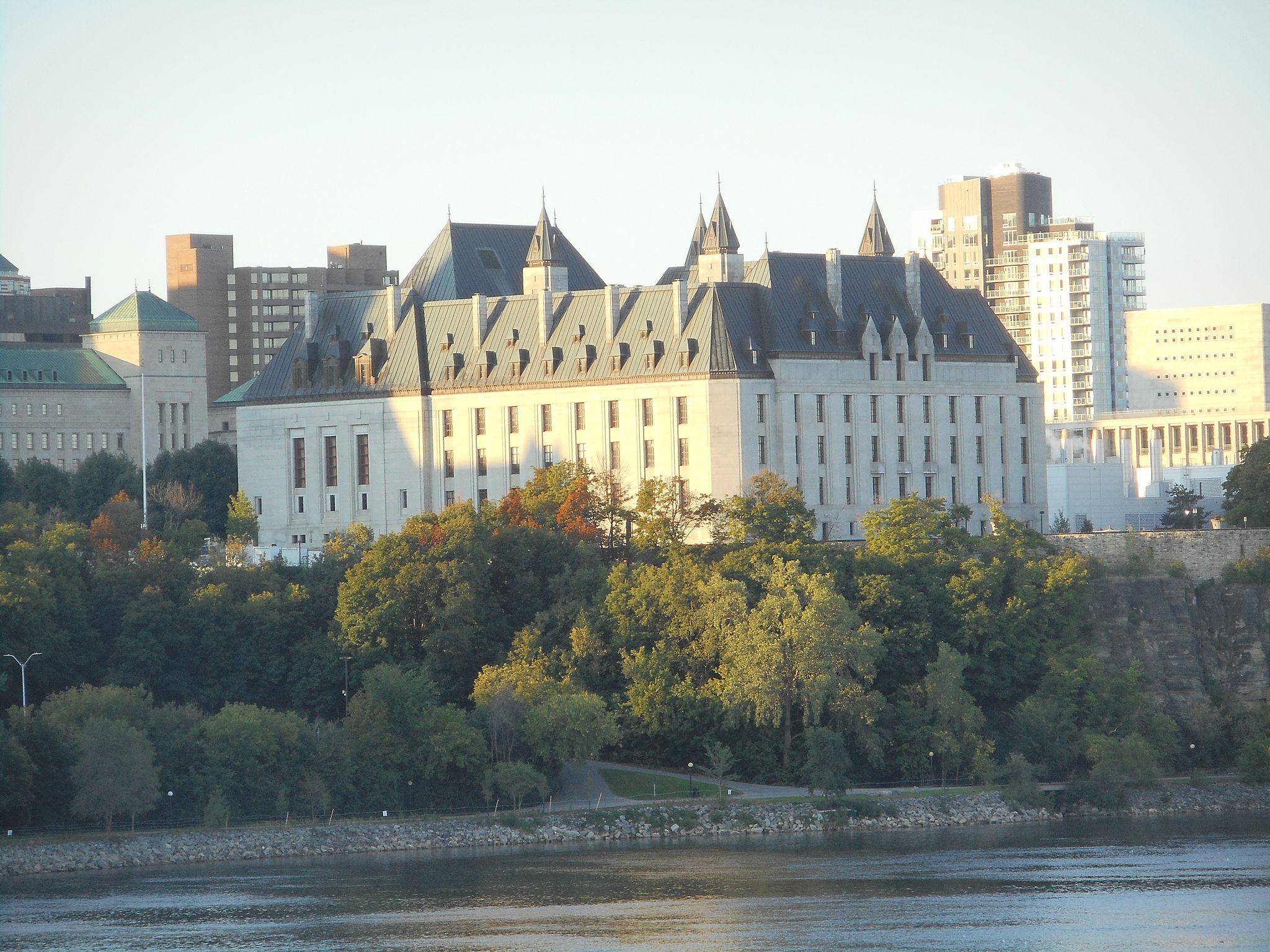Rights of Indigenous peoples in Canada are recognized within the Constitution of Canada, particularly in section 35. While the Constitution of Canada states “The existing aboriginal and treaty rights of the aboriginal peoples of Canada are hereby recognized and affirmed,” these rights are not explicitly stated within the Constitution. As a result, there have been numerous Supreme Court of Canada cases related to Indigenous rights. Below is a list of prominent Indigenous rights Supreme Court of Canada cases. Note: This is not a complete list of all Supreme Court of Canada cases related to Indigenous peoples or rights.
List of Notable Indigenous Rights Court Cases
|
Case Name |
Year |
Information |
|
1928 |
Believed to be the first court case to argue Mi’kmaw right to hunt and fish using the 1752 Peace and Friendship Treaty. Despite losing the case, R v. Simon (1985), heard by the Supreme Court of Canada, found the Peace and Friendship Treaty does provide these rights |
|
|
1970 |
Overturned aspects of the Indian Act that went against equality before the law |
|
|
1973 |
Despite Calder et al. losing the case that sought recognition of their ownership of lands they historically occupied, the Court acknowledged Aboriginal title in Canadian law |
|
|
1973 |
Rejected claims of sex-based discrimination within the Indian Act |
|
|
1984 |
Confirmed the federal government has a legal and moral responsibility to First Nations, recognized Aboriginal title as a unique right |
|
|
1990 |
Recognized and affirmed a treaty with the Wendat and required courts to be liberal in their interpretation of treaties |
|
|
1990 |
Affirmed Musqueam fishing rights |
|
|
R v. Badger |
1996 |
Recognized Treaty 8 First Nations’ right to hunt for food, but rejected their right to hunt for food on private property that was in visible use |
|
1996 |
Defined and restricted Indigenous rights to those customs and traditions that are pre-contact and integral to an Indigenous people’s distinctive culture |
|
|
R v. Gladstone |
1996 |
Recognized Heiltsuk right to sell herring spawn on kelp |
|
1996 |
First court case to argue First Nations have an inherent right to self-government, in this case related to gambling. The Supreme Court rejected high-stakes gaming as part of self-government |
|
|
R v. Adams |
1996 |
Held that claims to land are one manifestation of Aboriginal rights, not that Aboriginal rights exist only where Aboriginal title is claimed |
|
1997 |
Recognized Aboriginal title as a right protected by section 35(1) |
|
|
1999 |
Advises lower courts to consider an Indigenous offender’s background and history in sentencing decisions |
|
|
1999 |
Affirmed Mi’kmaw hunting and fishing rights from the Peace and Friendship Treaties |
|
|
2003 |
Recognized Métis hunting rights and outlined a test for who is legally able to claim Métis rights |
|
|
R v. Sappier; R v. Gray |
2006 |
Upheld the right of Wolastoqiyik and Mi’kmaq to harvest wood from Crown lands for personal use as an Aboriginal right |
|
2007 |
Recognized discrimination within the Indian Act through the removal of status of Status Indian women if they married someone without status (non-Status Indian or non-Indigenous person) and required the government to remove this discrimination (see also Women and the Indian Act) |
|
|
2013 |
Confirmed that the federal government failed in its obligations as a result of not granting land to the Métis after the Manitoba Act |
|
|
Tsilhqot’in Nation v. British Columbia |
2014 |
Recognized Aboriginal title of the Tsilhqot’in Nation and recognizes government’s duty to consult Aboriginal title holders |
|
2016 |
Confirmed that the federal government has the legal responsibility to legislate on issues related to Métis and non-Status Indians |
|
|
Williams Lake Indian Band v. Canada |
2018 |
Held Canada liable for breaches of its fiduciary duty to First Nation pre-Confederation |
|
Dickson v. Vuntut Gwitchin First Nation |
2024 |
Upheld the right of First Nations to require leadership to live on its traditional territory |
* County Court, Not Supreme Court of Canada
** British Columbia Court of Appeal, Not Supreme Court of Canada

 Share on Facebook
Share on Facebook Share on X
Share on X Share by Email
Share by Email Share on Google Classroom
Share on Google Classroom



